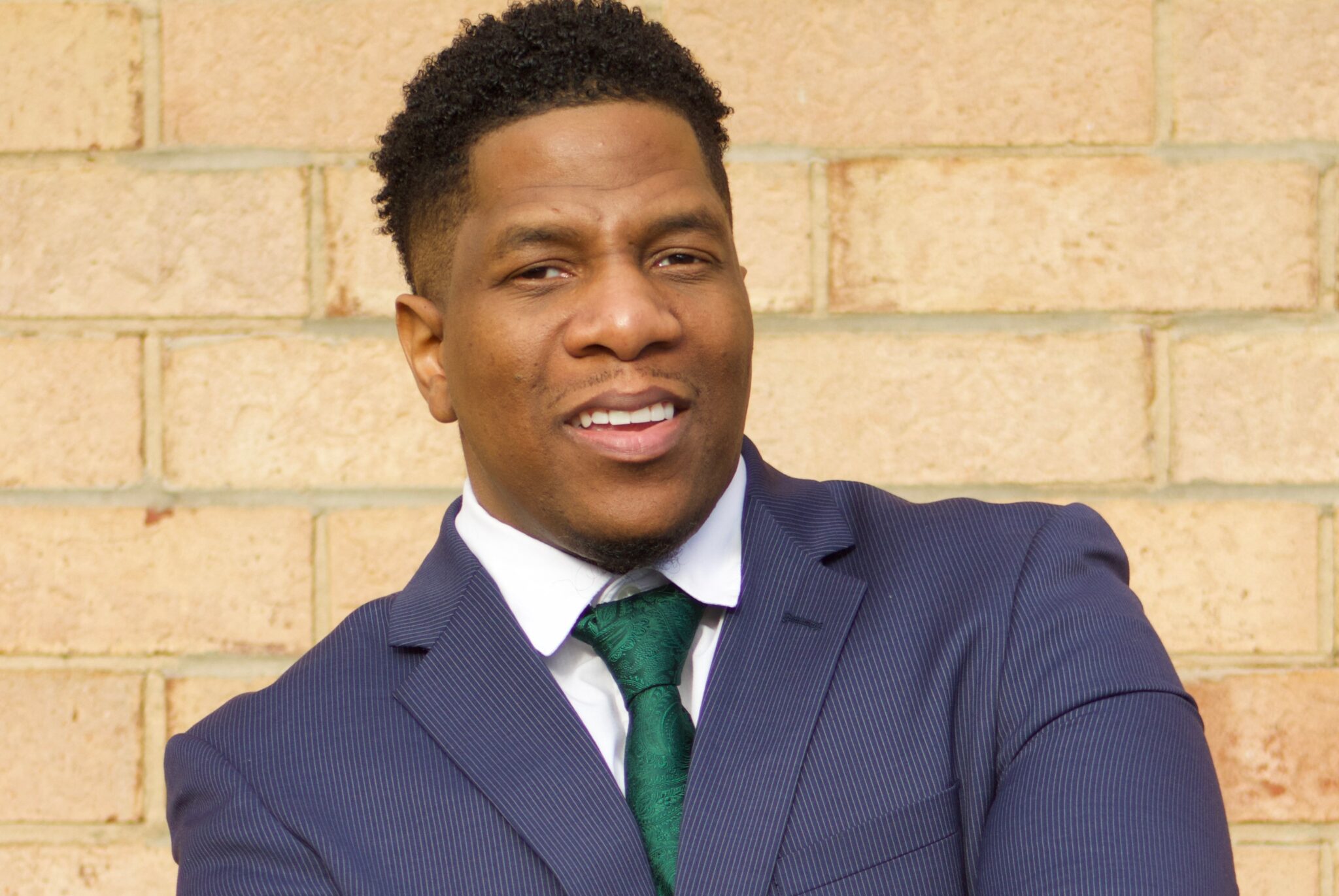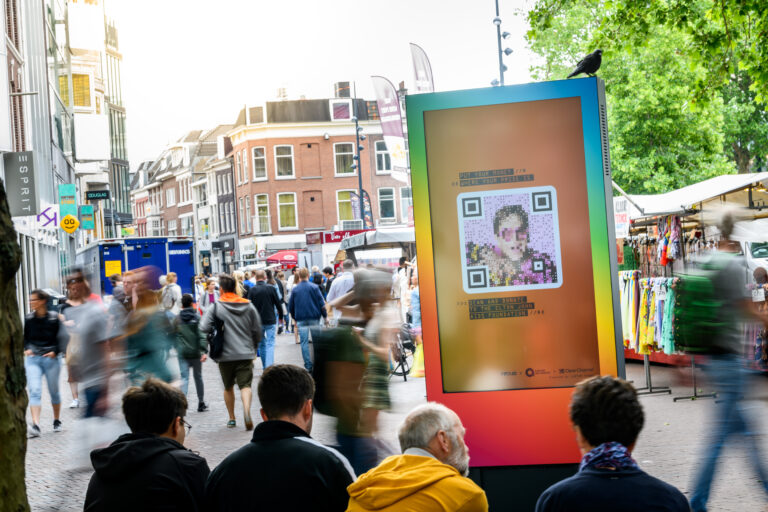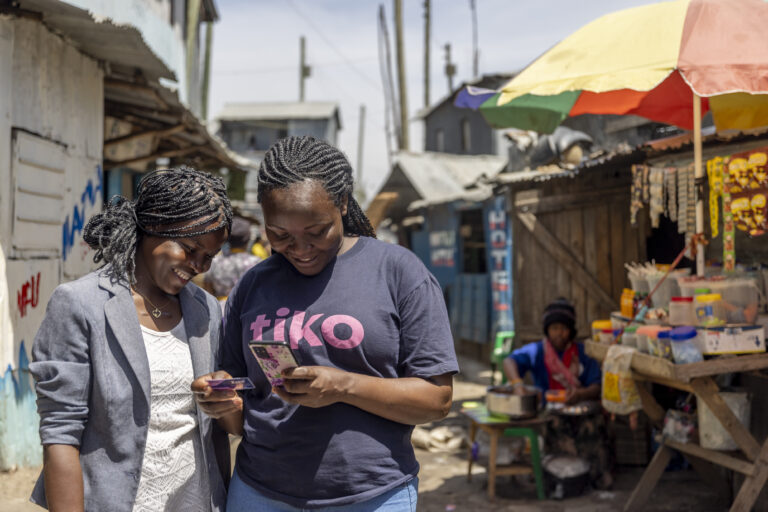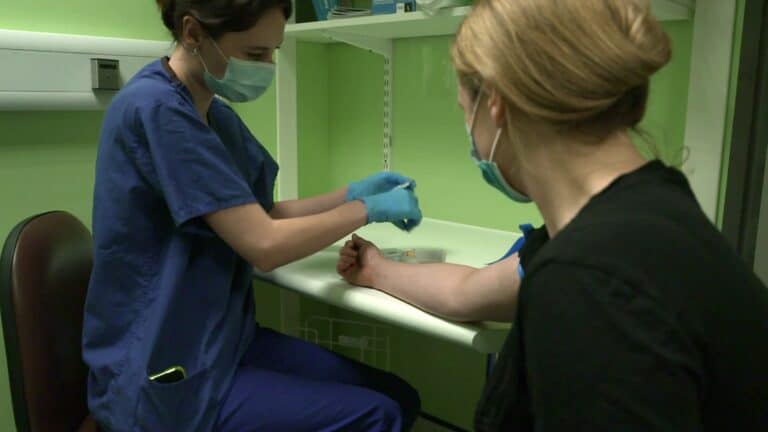Donte Prayer began volunteering in the HIV and sexual health sector over twenty years ago. Since 2019 he has been a Health Access Coordinator at North Carolina AIDS Action Network, a member of the Elton John AIDS Foundation’s partner Southern AIDS Coalition.
What inspires you to work in the field of HIV/AIDS?
In high school, I worked as a hospital volunteer in my hometown. I remember my very first night working, my third patient to transport was living with HIV. The hospital made me put on all this extra gear and take so many precautions. That made me want to learn more. Why was this person being treated differently than the other patients?
My journey in the healthcare sector has continued and I am inspired by the fact that through my work as a Health Access Coordinator, I can educate people and influence policies that help people impacted by HIV. I want to make an impact by creating spaces that allow my community to have a voice.
While perceptions about HIV seem to be changing, there’s still a lot of work to do. Some people still generalize HIV as the “gay man’s disease” (or specifically Black gay men). Living in North Carolina, living in the South, stigma plays a big part in the way people talk about HIV—or don’t talk about it.
I feel that talking more openly about HIV and making sure we have policies in place to make sure people have access to prevention and care services will ultimately be the way to end HIV.
I’ve heard a lot of people say they didn’t need an HIV test or prevention services. A lot of people would say, “I’m straight. Or I’m married, I don’t need to get tested. So how do we find the balance of making people feel their relationships or their partnerships are legit? But still say, “Hey, sis, you may still want to get tested because you never know?” It’s about finding balance and normalizing HIV prevention as routine healthcare. I’m inspired to do that.

What does a typical working day look like for you?
North Carolina AIDS Action Network is a statewide organization with a mission to improve the lives of people in the state living with HIV/AIDS and impacted communities through policy advocacy, outreach and public education, and community-building.
A lot of my role is advocacy and policy work, ensuring that there’s funding in the state budget for HIV. A big piece of that, especially for me living in North Carolina, is fighting to expand Medicaid, because it is necessary for people living with HIV and communities most impacted. My day-to-day role consists of many things: event planning; talking to legislators; advising advocates; and writing communications.
Tell us about a recent story that motivates you to continue doing the work you do.
I started a program called Role Models, where we use fashion as a tool to promote sexual health in the Black community, particularly among Black same-gender loving men. One of the taglines for Role Models is “Fashion Trends come and go but taking control of your health should never go out of style.” I always have community members tell me how that resonates with them. That taking care of themselves should always be a priority. It feels good to have community members share that our program has reached them and impacted how they might make decisions about their health, including accessing HIV testing or care. Having those relatable moments or relatable nuggets that can speak to that person individually is important.
Click here to see how you can get involved with the Foundation and help us to support organisations like Southern AIDS Coalition around the world.



